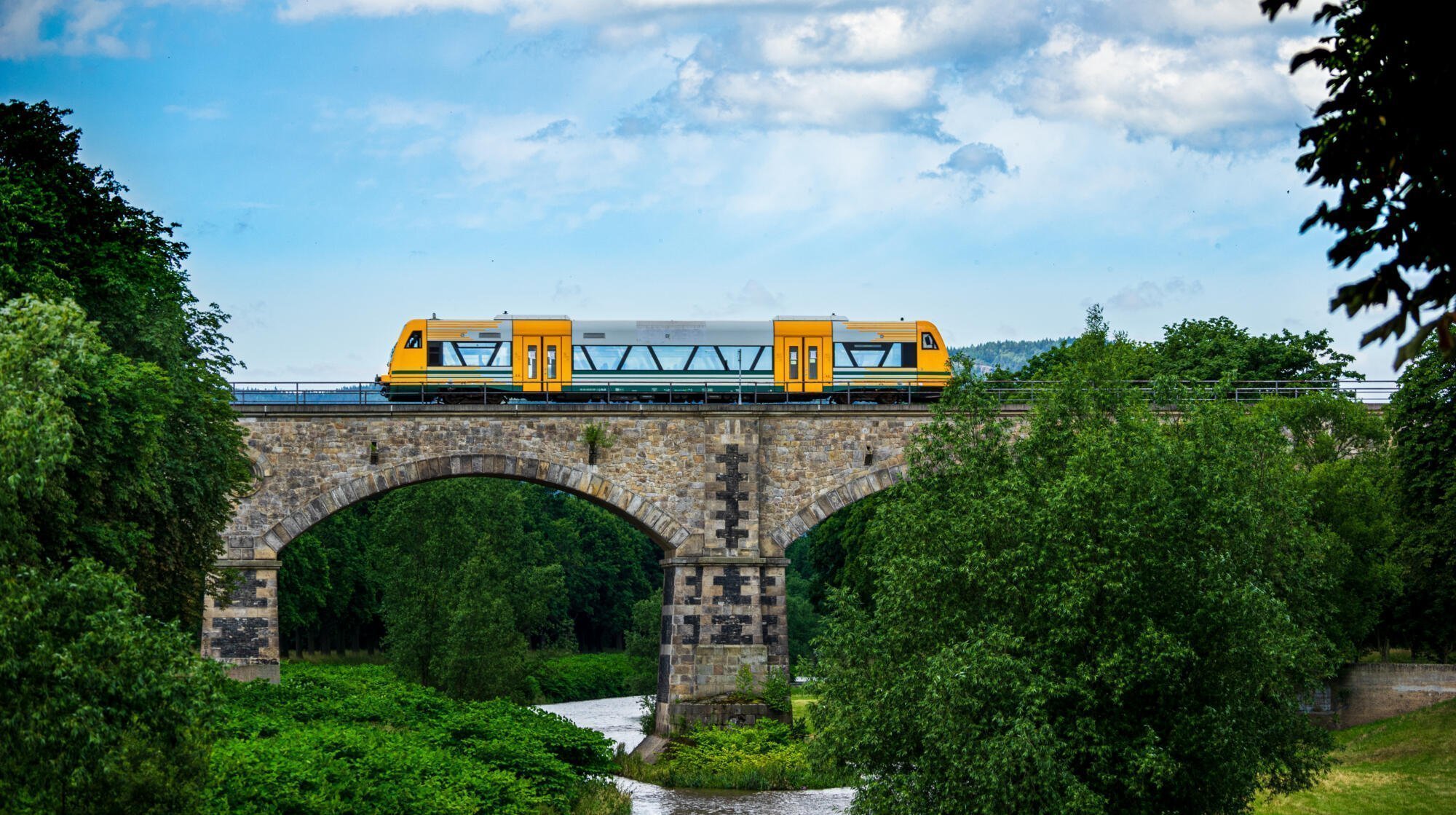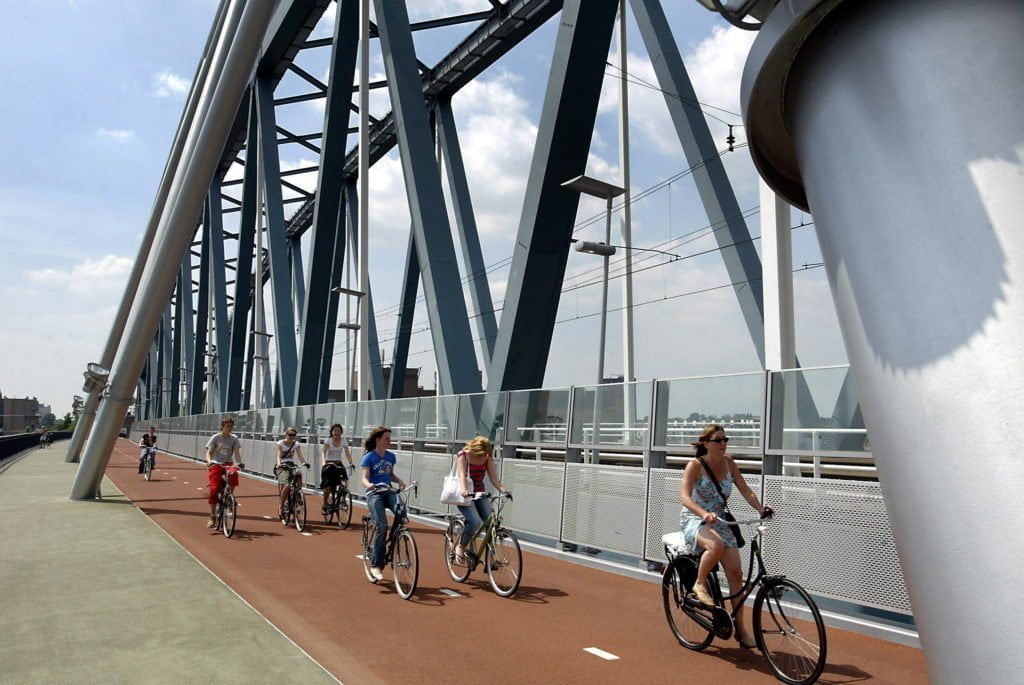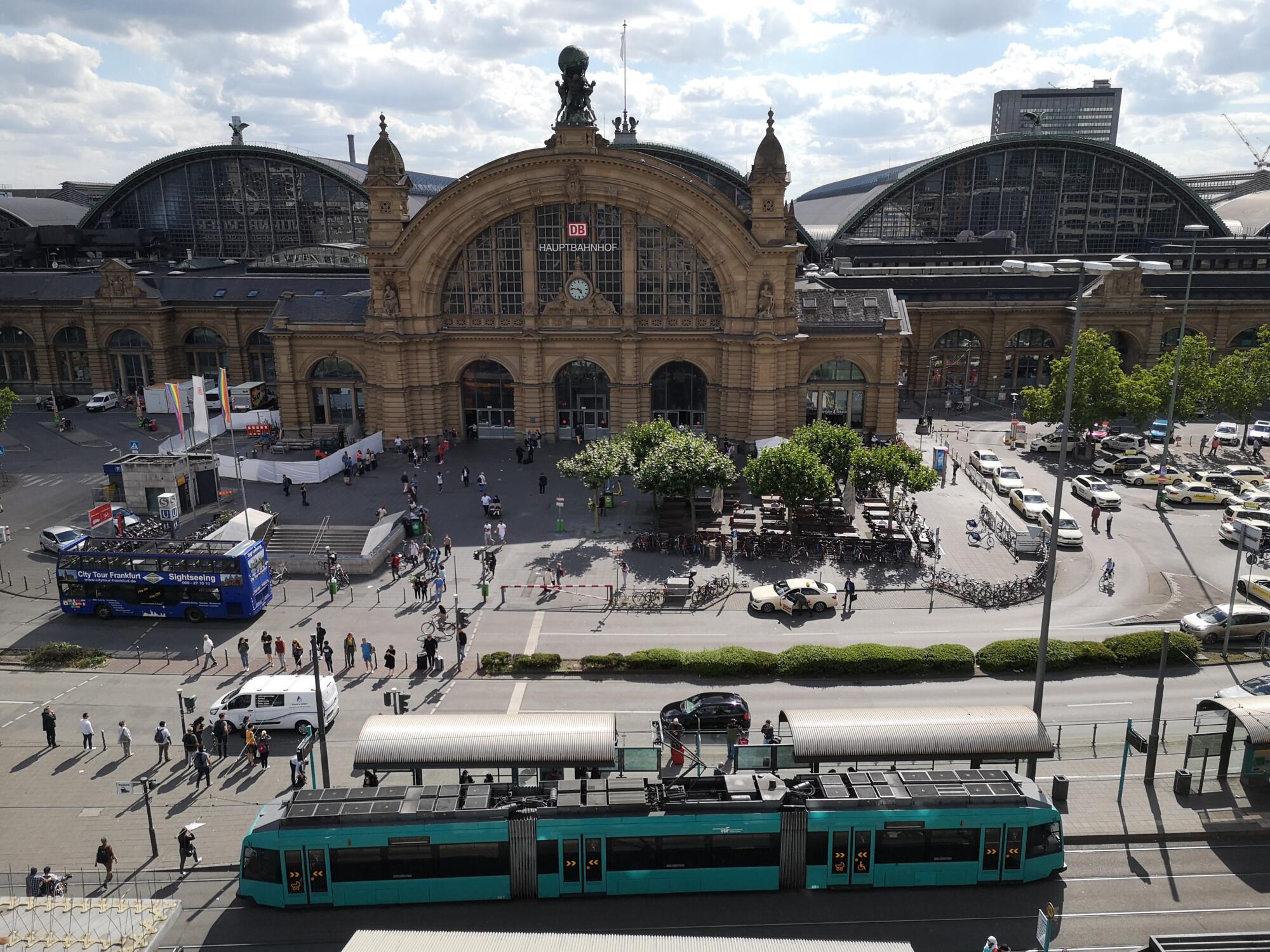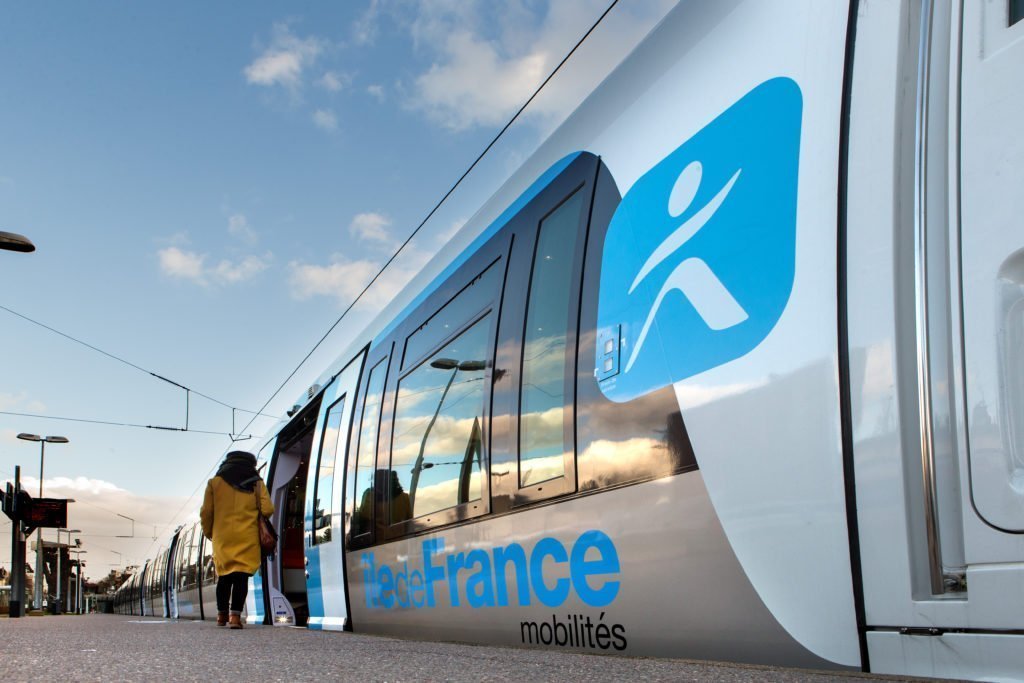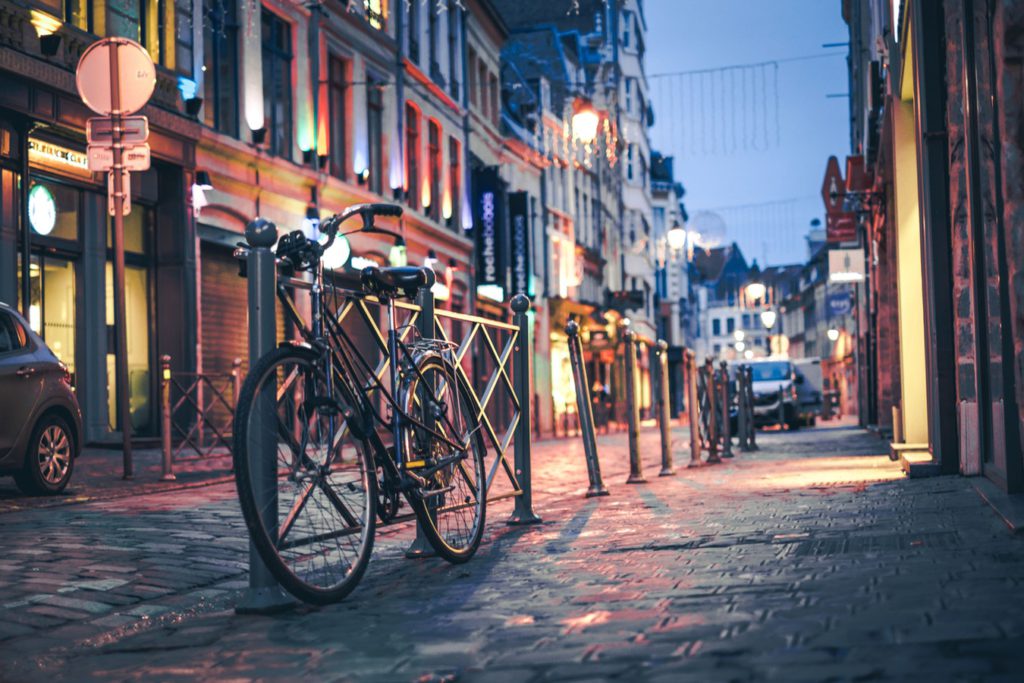POLIS regional members join the European Week of Regions and Cities
Several POLIS regional members will join the European Week of Regions and Cities (EWRC), an annual four-day event which spotlights the importance of regions and cities in the transition towards a sustainable and smart future, and their capacity to foster the innovation required to achieve this.
“The European Week of Regions and Cities is a major European event for cities and regions,” said Paul Gaspar from POLIS member, Lille Metropole, which will be participating in a range of sessions across the week.
“We still have a limited role in the EU decision making process, despite the fact we are responsible for implementing policies, therefore such an event helps to put us at the centre of the European agenda.”
This year’s event is particularly critical. As Europe begins to bounce back from the COVID-19 pandemic and climate reports warn more emphatically than ever for speedy, strong and sustained action to tackle the growing climate crisis, leveraging the capacities of our regions is more important than ever.
POLIS regions make their move
Many of POLIS’ member regions take centre stage at the EWRC, showcasing the initiatives they are pioneering and discussing the actions necessary for a fair transition to a greener future.
“Each year, the EWRC provides a forum for European regions to showcase and promote their initiatives on regional and local development to improve citizens' daily lives. For Ile-de-France, the event is an excellent opportunity to share its views on the European policies it contributes to elaborate,” says Françoise Guaspare from Ile-de-France (IdF)
Ile-de-France joins other POLIS members, the Green Metropolitan Region Arnhem-Nijmegen and Metropolitan Region FrankfurtRheinMain, to discuss regions and urban nodes – key points in cross border passenger and freight transit, linking local and international travel.
During the European Year of Rail, urban nodes are incredibly important for supporting and strengthening sustainable mobility offerings.
“For FrankfurtRheinMain this event is a welcome opportunity to underline the crucial role of the functional transport area as level for planning and realising the modal shift to rail,” said Sebastian Schöneck from the region.
At the event, Deputy Director of the FrankfurtRheinMain Region, Mr. Rouven Kötter, will present the recently developed SUMP for the Region and outline its importance for the “renaissance of rail”.
Regional cooperation
Cooperation between regions, particularly across national borders, is a key theme of the week. For many POLIS members, this peer-to-peer collaboration is a crucial ingredient for successful sustainable mobility policies and actions.
Lille Metropole will be participating in a workshop on cross border biodiversity and mobility projects- something the Metropole has long worked on. The metropole shares an 84km border with Belgium, making flow of people and goods essential to everyday life.
As a result, Lille has placed large emphasis on collaborative projects which seek to make innovations here. The region has joined the Eurometropolis Lille-Kortrijk-Tournai, a European grouping composed of 14 institutions from France, Wallonia and Flanders to facilitate cross border cooperation; as well as ESPON project STISE focusing on Sustainable Transport Infrastructure in the Eurodelta megaregion- a project which a special session at the EWRC will explore.
“Developing cross-border mobility services will play a key role in enhancing the economic potential and addressing transportation needs for citizens,” asserted Gaspar.
Putting citizens first
Citizen engagement is also at the heart of this year’s programme. Lille Metropole has taken a pioneering role in developing new policies for an inclusive transition with its citizens.
The metropole- awarded the title of World Design capital in 2020- will be exhibiting its “public innovation labs".
“Citizen engagement will be key to achieving climate transition and especially in mobility where people are key actors of forthcoming changes,” said Gaspar.
At the same time, Lille is placing citizens’ needs at the heart of new transport agenda
“We are also implementing projects to make mobility more inclusive and accessible for all people. We want to keep developing MobiliMEL, our platform which facilitates professional integration through improved improved mobility or PictoAccess to promote the accessibility of public spaces and buildings.”
The metropole has implemented free public transport for those under 18 and is currently setting up an ecobonus program, to subsidise people giving up their car to go to work and switching to public transport instead.
Regions at POLIS
POLIS has long recognised the role of regions and the importance of elevating their voice at European level. From Catalonia’s new bus networks to Baden Württemberg’s expansion of human resources for sustainable transport, POLIS member regions have been playing a pivotal role in developing and testing public transport services, active travel infrastructure and e-mobility.
At POLIS’ first Regions Working Group meeting, regions from across Europe joined to present showcase their activities and discuss the key challenges they faced going forward.
“POLIS has helped encourage technical interactions with other cities, helping our staff to implement better local projects. The next step is to develop and strengthen partnerships with some other members to participate in innovative European projects,” said Gaspar.
